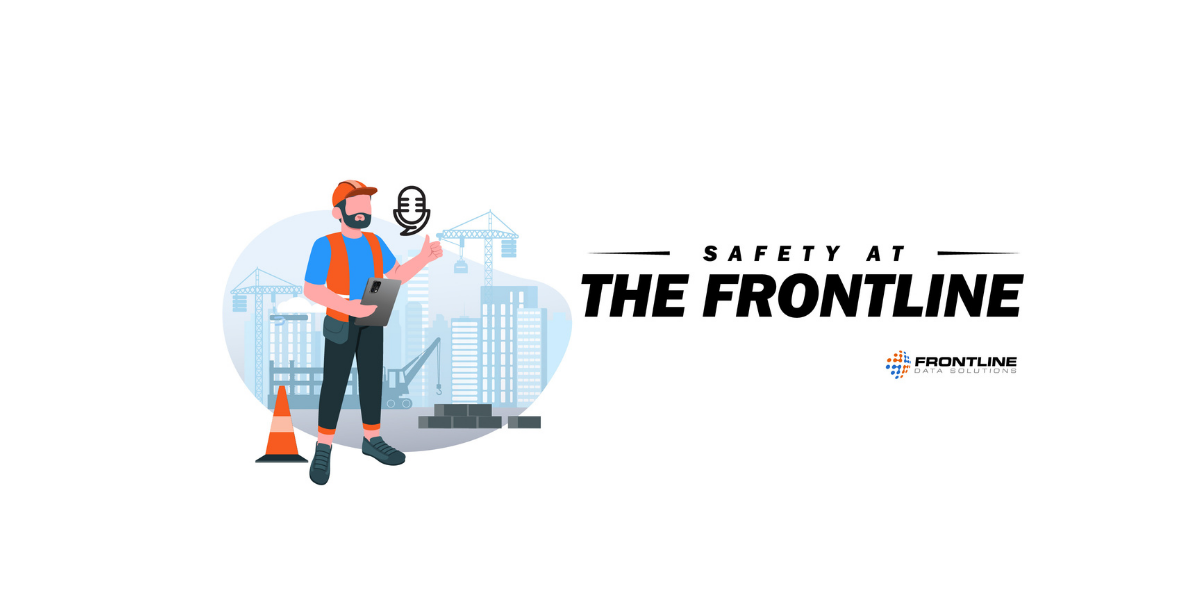What’s going on in EHS this week? Find out with Safety at the Frontline!
Tune in on Mondays to get the latest safety news with Frontline’s podcast. We’re covering the top EHS news, along with some quick and useful tips, so you can stay safe and keep rocking on the frontlines.
Injury claims in 2011 vs. 2021
So, we all know the great impact technology has had on being able to improve safety procedures in the workplace. Now that we have FULL-SCALE COMPUTERIZATION, autonomous and robotic equipment, enhanced machine guarding, access to instant communication, EHS software platforms, and various other solutions, we expect to see improvements in safety numbers over the years.
Looking at the past 10 years of workers’ compensation claims, a survey recently released by Selective Insurance found that employees in 2021 reported workplace-related injuries 18% earlier in their tenure than employees in 2011. Reported injuries in an employee’s first year on the job have also increased between 2011 and 2021, with 38% of workers’ compensation claims filed by first-year employees in 2021 versus 32% of first-year employees filing claims in 2011.
Despite the technological enhancements, this data shows that we still have a long way to go in terms of proper orientation and training of new employees.
Amazon’s severe weather preparedness
Onto to the next news, OSHA has issued a Hazard Alert Letter to Amazon, requiring the online retailer to review its severe weather emergency procedures after six contractors were fatally injured and another severely injured when a tornado struck Amazon’s Edwardsville warehouse in December 2021.
OSHA investigators determined that while Amazon’s severe weather emergency procedures met minimal federal safety guidelines for storm sheltering, the company should make improvements to further protect workers and contract drivers in future emergencies. OSHA does not have a standard that requires severe weather emergency plans but recommends them under the General Duty Clause, which requires employers to provide a place of employment free from known hazards.
The oil plan in Alaska
Last but not least, we have some updates on the oil and gas industry. The Biden administration overturned a controversial Trump-era policy that would have opened parts of Arctic Alaska to oil development.
The Bureau of Land Management resurrected Obama-era management policies in the National Petroleum Reserve in Alaska, a 23-million-acre area on Alaska’s North Slope. Alaska’s oil production has been declining for decades and reached a 45-year low last year. The reinstated policies allow oil leasing in about half of the reserve while boosting protections for areas considered important to the Arctic ecosystem and to indigenous residents.
Environmentalists welcomed the Biden administration’s decision to overturn the Trump-era policy that sought to allow oil development on more than 80% of the reserve, including an area prized for wildlife that had been protected under rules dating back to the Reagan administration.
Don’t forget to subscribe to our podcast for more EHS updates, and in the meantime, stay safe and stay tuned for next week.






